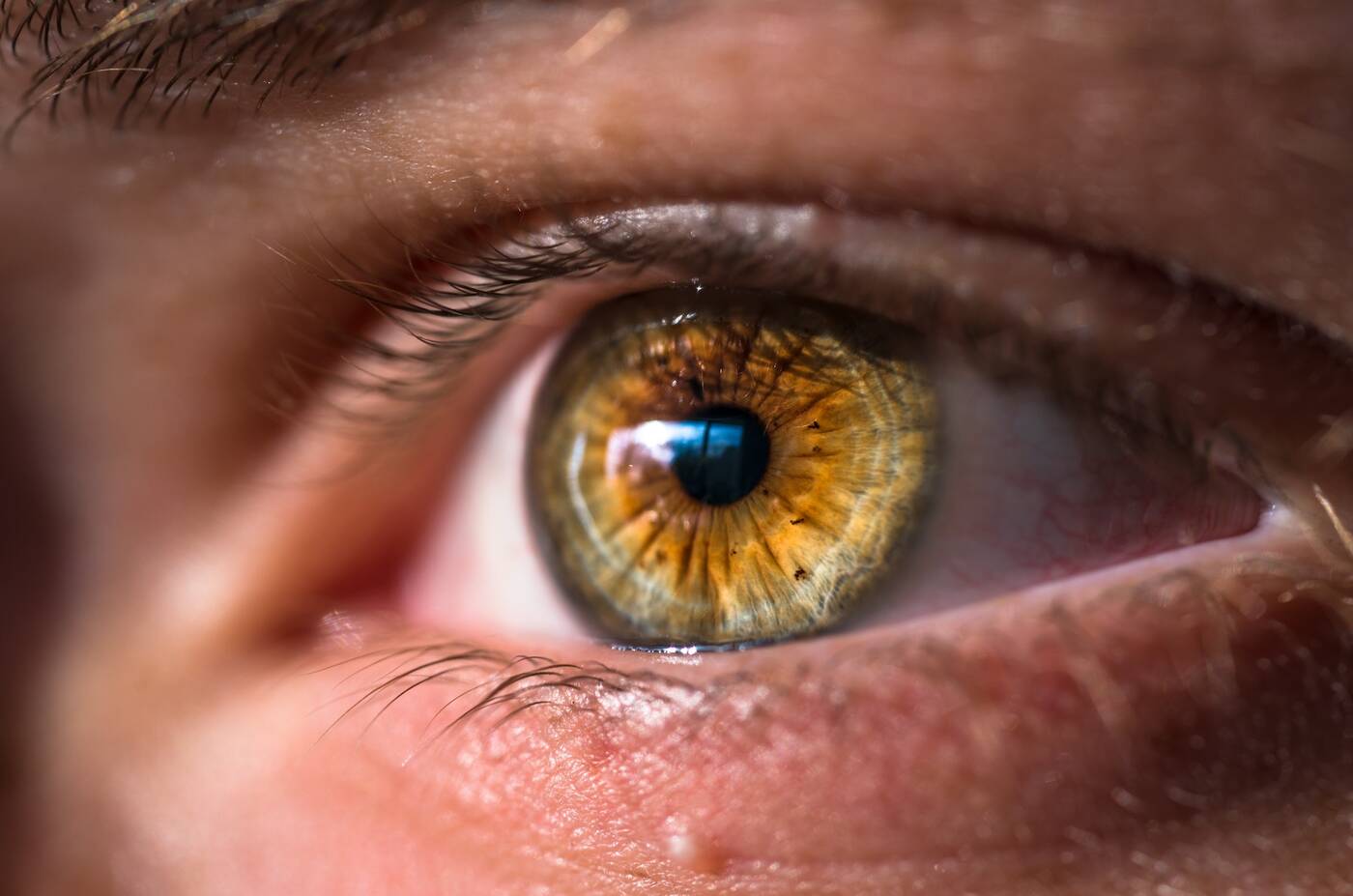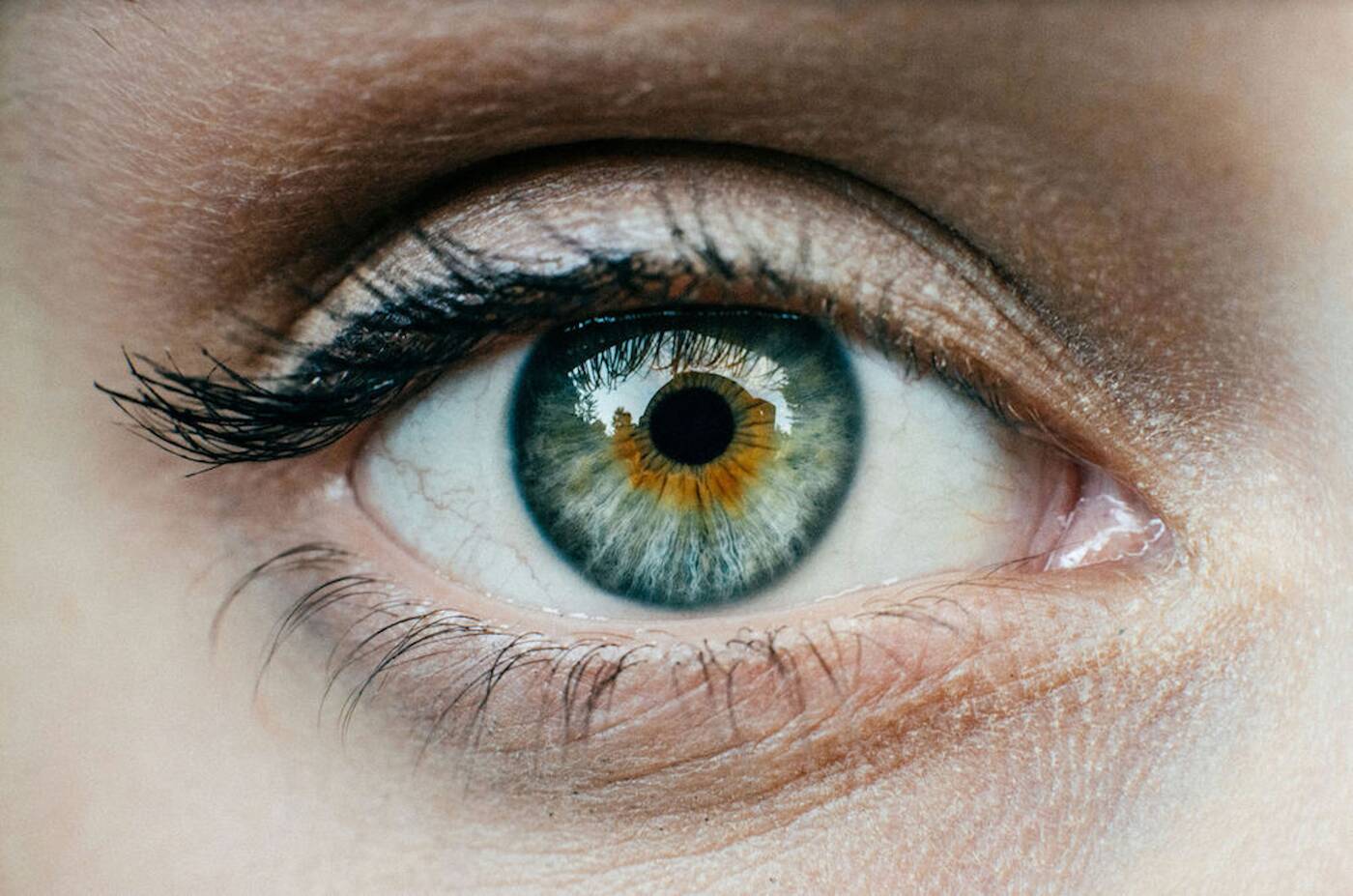
5 things Canadians should know about inherited retinal diseases
Protecting our eye health is an important part of overall health. Whether you're going for a comprehensive eye exam, limiting your phone or computer screen time, or wearing glasses — prioritizing your vision health is crucial and shouldn't be overlooked.
Inherited retinal diseases (IRDs) are a group of rare eye diseases that can potentially lead to serious vision impairment or loss. This can happen when one or more of your genes are not working properly and cause damage to the retina. It's estimated that one in 1,700 Canadians has an IRD.

Edward Jenner
To help Canadians understand the importance of eye health and genetic testing, we're breaking down five things you should know about Inherited Retinal Diseases.
IRDs can be attributed to a change or mutation in your genes
Genes provide information about our physical and biological traits, and humans have approximately 25,000 genes. Today, over 270 genes related to IRDs have been discovered by scientists so far.

Getty Images
Gene variants are changes in one or more of the DNA sequences in our genes, where something was added, replaced or even missing. Most gene variants are not harmful, but for IRDs, they can impact how our bodies function and even result in vision loss, blindness or impairment.
There are different types of inherited retinal diseases
Though IRDs do share some things in common, they are not all the same. Vision loss results from damage to the retina at the back of the eye and this retinal damage is caused by specific gene mutations that affect how those cells function.
Some IRDs like choroideremia or X-linked retinoschisis are caused by one or a small number of genes. But in other diseases like retinitis pigementosa (RP), the most common type of IRD, it's caused by variants in over 60 genes.
For the estimated 1 in 3,000 Canadians living with RP, symptoms can begin in childhood or adulthood and may include progressive vision loss, difficulty seeing at night, and blind spots that progress into loss of peripheral vision.
Symptoms alone make it hard to distinguish IRDs
Overlapping symptoms can make diagnosing IRDs challenging, so genetic testing is the benchmark to identify the genetic cause.

While each IRD is different, many of them share common symptoms including difficulty seeing at night, light sensitivity, blind spots, uncontrolled eye movements, colour blindness and farsightedness.
Early genetic testing matters
Testing involves taking a sample of DNA (blood or saliva) and examining it in a laboratory for gene changes or mutations.
In up to 80 per cent of patients with an IRD, genetic testing may help identify the specific gene cause. This can lead to a diagnosis and help in finding clinical trials.

Getty Images
Unfortunately, there can be a significant wait time for an appointment after a referral. Depending on where exactly you live in Canada, this can take anywhere between six months to two years.
However, continuing the process despite this wait is extremely important, as testing can reveal information that can help you manage the disease and stay informed for the future.
Genetic testing can provide answers
Beyond a diagnosis, genetic testing can provide more control when considering future lifestyle changes. You might be able to gain insights on how your vision could change over time and weigh the potential risks for other family members.
With a better understanding of your condition, you can explore support groups and health impacts in other parts of the body as well.

Getty Images
It's important to note that not all genes that cause IRDs have been discovered yet, and some people who get testing may have a negative or inconclusive result. Regardless, this result can still inform your eye specialist about other diagnoses, or to pursue other paths to a clinical diagnosis like medical or family history.
Visit EyesOnGenes.ca to learn more about IRDs, steps to genetic testing, and community resources.
This educational content is proudly supported by Janssen Inc.
Getty Images
Latest Videos
Latest Videos
Join the conversation Load comments







